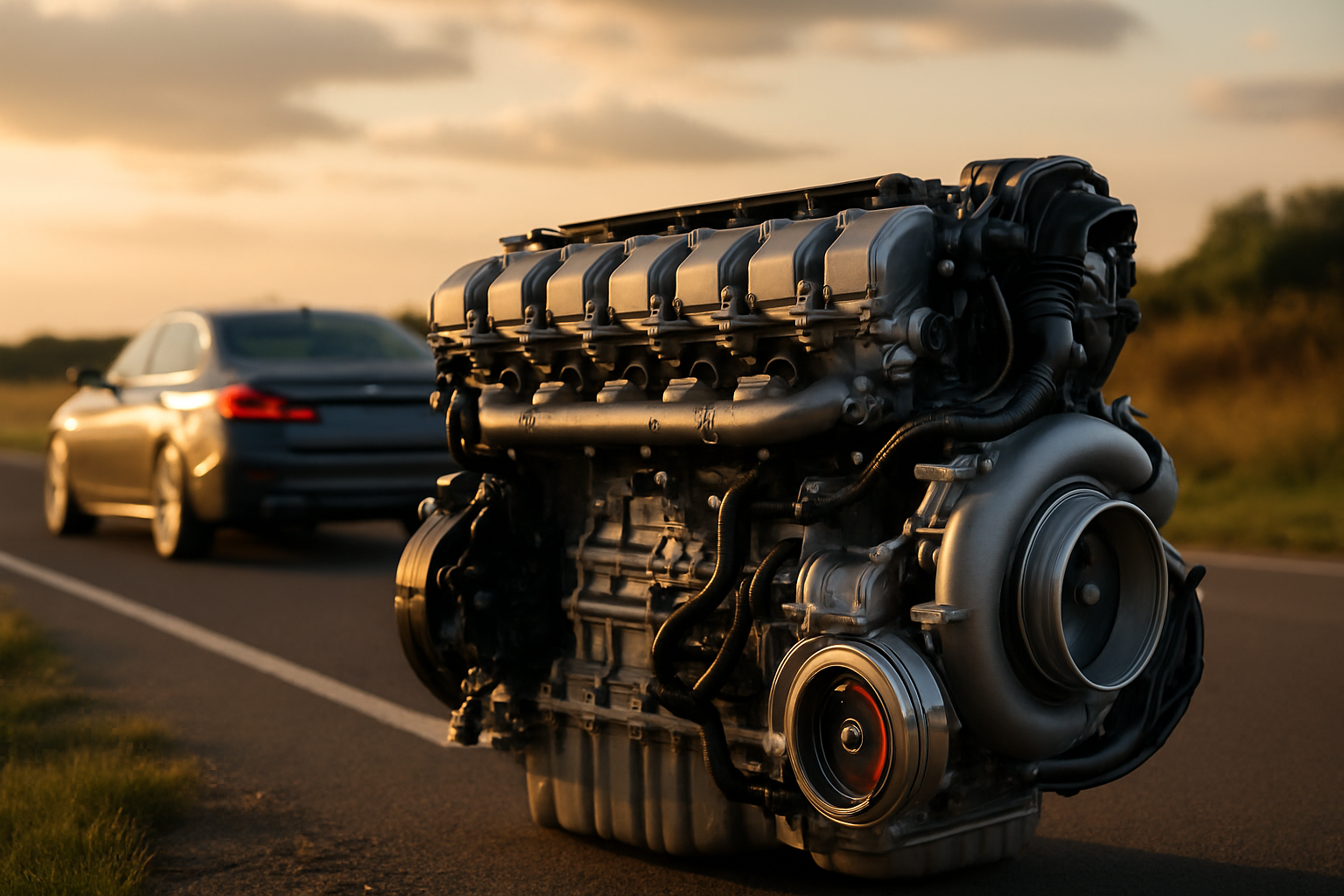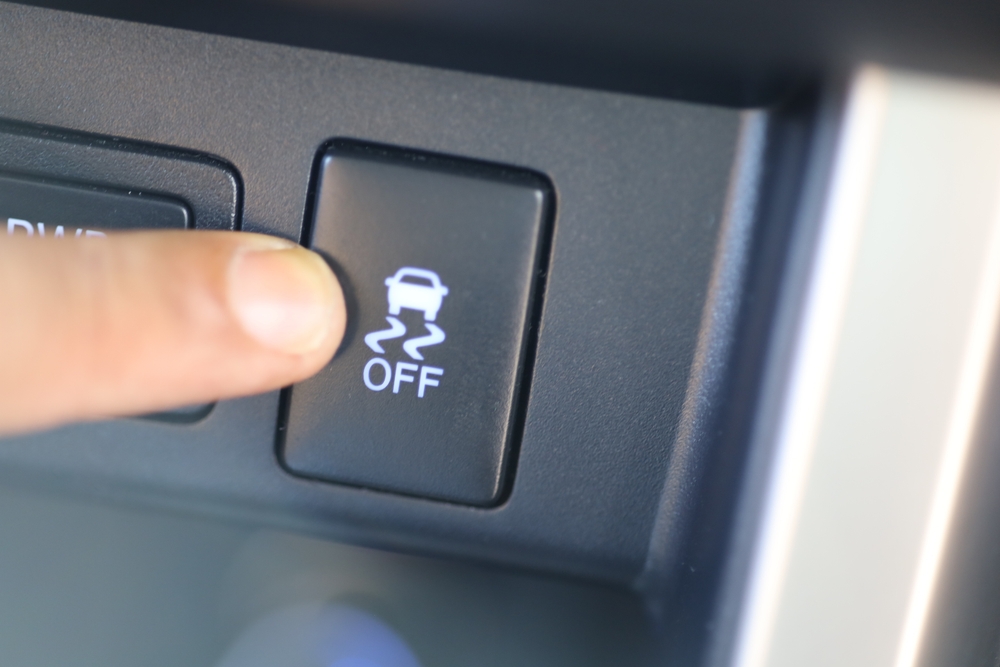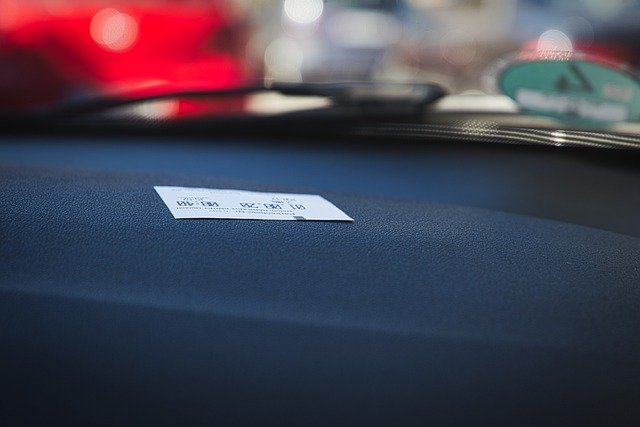Buying a Car with Bad Credit and No Money Down: Exploring Repossessed Cars
Purchasing a vehicle can be challenging, especially for those with bad credit and limited funds. However, repossessed cars offer a potential solution for budget-conscious buyers looking to own a vehicle without a substantial down payment. This article explores the world of repossessed cars and how they can help individuals with bad credit secure reliable transportation.
What are repossessed cars and how do they become available?
Repossessed cars are vehicles that have been reclaimed by lenders or financial institutions due to the owner’s failure to make timely payments. When borrowers default on their auto loans, the lender has the right to seize the vehicle as collateral. These repossessed vehicles are then sold to recover the outstanding debt, often at prices lower than their market value.
How can repossessed cars benefit buyers with bad credit?
For individuals with poor credit scores, repossessed cars present a unique opportunity. Since these vehicles are typically sold at a discount, they can be more accessible to buyers who might struggle to secure traditional auto loans. Additionally, some lenders specializing in repossessed car sales may offer more lenient credit requirements, making it easier for those with bad credit to qualify for financing.
Where can you find repossessed cars for sale?
Repossessed cars are available through various channels. Many financial institutions hold their own auctions or partner with auction houses to sell these vehicles. Online platforms like AutoTempest and CarsDirect also list repossessed vehicles. Additionally, some dealerships specialize in selling repossessed cars, offering a more traditional car-buying experience for those who prefer in-person shopping.
What should you consider when buying a repossessed car?
While repossessed cars can offer great value, there are several factors to consider:
-
Vehicle condition: Repossessed cars may have varying levels of wear and tear. It’s crucial to inspect the vehicle thoroughly or have a trusted mechanic examine it before purchase.
-
Limited history: Some repossessed vehicles may lack complete maintenance records, making it challenging to assess their overall condition.
-
As-is sales: Many repossessed cars are sold “as-is,” meaning there may be no warranty or guarantee of the vehicle’s condition.
-
Competitive bidding: Popular models or well-maintained vehicles may attract multiple bidders, potentially driving up the price.
What are some tips for buying a repossessed car with bad credit?
When purchasing a repossessed car with bad credit, consider the following tips:
-
Research extensively: Compare prices across different platforms to ensure you’re getting a fair deal.
-
Get pre-approved: Try to secure financing before bidding on a vehicle to understand your budget limitations.
-
Set a budget: Factor in potential repair costs when determining how much you can afford to spend.
-
Be patient: Don’t rush into a purchase; wait for the right opportunity that fits your needs and budget.
-
Consider a co-signer: If possible, having a co-signer with better credit can help you secure more favorable loan terms.
How do repossessed car financing options compare to traditional auto loans?
Financing options for repossessed cars can differ from traditional auto loans. Here’s a comparison of some typical scenarios:
| Loan Type | Provider | Interest Rate | Down Payment | Loan Term |
|---|---|---|---|---|
| Traditional Auto Loan | Major Bank | 4.5% - 12% | 10% - 20% | 36-72 months |
| Repossessed Car Loan | Specialized Lender | 9% - 18% | 0% - 10% | 24-60 months |
| Buy Here Pay Here | Dealership | 15% - 25% | Varies | 24-48 months |
Prices, rates, or cost estimates mentioned in this article are based on the latest available information but may change over time. Independent research is advised before making financial decisions.
Repossessed car loans often feature higher interest rates due to the increased risk associated with bad credit borrowers. However, they may offer lower down payment requirements or even zero down payment options. The loan terms are typically shorter than traditional auto loans, which can help borrowers rebuild their credit more quickly if payments are made on time.
In conclusion, repossessed cars can provide a viable option for individuals with bad credit looking to purchase a vehicle with no money down. While there are potential risks and considerations, careful research and planning can help buyers find reliable transportation that fits their budget and financial situation. By exploring repossessed car options and comparing financing terms, even those with poor credit may find a path to car ownership.





